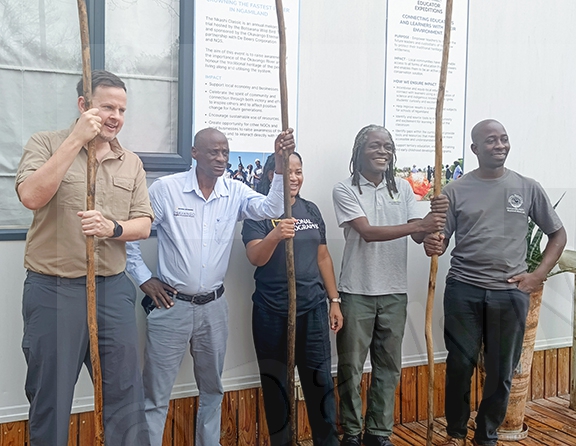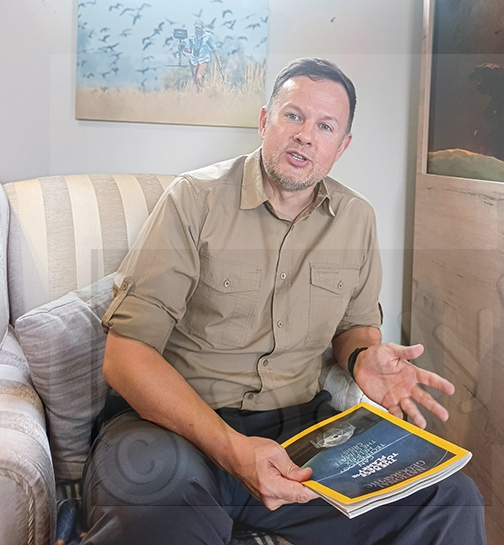Motswana survives Mecca stampede
13 Oct 2015
Mr Alhajj Salahuddin recently returned from Saudi Arabia where he escaped death by a whisker in a stampede that claimed more than 700 lives and left more than 900 injured.
Formerly known as Onalenna Chabaya, the muslim who is based at the Letlhakane Islamic Centre said the stampede took place just as he was returning from a stoning ritual in Mina, nine kilometres from Mecca.
He said the incident was caused by pilgrims who did not follow the laid down routes and protocol.
“There were close to five million people attending the Hajj. We had assembled in the Arafat, where the crowd imitates the Day of Judgment manifestations. Early in the morning, we went out in our millions to stone a pillar that symbolises Satan,” he related
He said it was after stoning that two groups came face to face with soldiers who were assigned to control people’s movement.
“Mayhem suddenly occurred due to failure to control the crowds. People started piling on both sides and on each other with no group backing down. At this point, many people died and got injured,” he said.
Mr Salahuddin said the annual Hajj pilgrimage hosted Muslims across the globe. He said expectation was that every able-bodied Muslim should experience it once in their life time despite the trip being laden with risks.
“I might have escaped death because I took a different turn and followed instructions after the stoning ritual. Death during the Hajj is a huge blessing. It would have been an honour for me to die in Mecca,” he said.
He explained that it was better to die at a holy place of worship than from other causes.
While it was unfortunate to lose some friends and fellow worshippers, Mr Salahuddin was happy with the whole event. He said that the Saudis were highly organised and handled the whole event with meticulous precision.
“There were police with PA systems and people to guide us all throughout our journey and processions. They gave instructions to the millions of people behind. One lapse in understanding or concentration created a problem. Some people put their lives in danger by not responding to instructions about where to go and how to move. Overall, we were treated like royalty,” he said.
He said it was surreal seeing people of all races and in his estimation, more than double the population of Botswana in one place being taken care of and focusing on the same thing. Ends
Source : BOPA
Author : Justice Motlhabane
Location : Letlhakane
Event : Interview
Date : 13 Oct 2015






